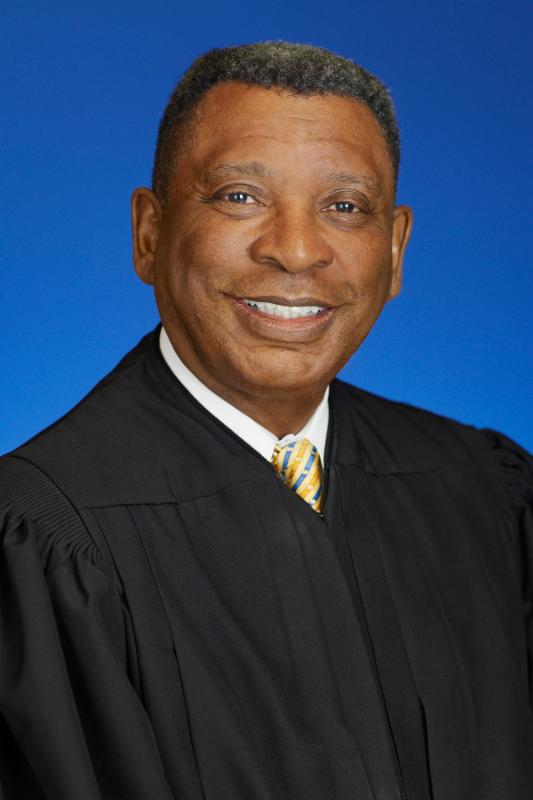Update from the Court on Irma closures:
The Courts of the Southern District of Florida remain closed for normal operating business, anticipated to open to the public no sooner than Monday, Sept. 18th. The closure is due to school closures and travel conditions, as well as power outages at various courthouses impacting services including the Court’s computer network
Although the Court will generally remain closed to the public, depending on circumstances of power at each courthouse, Court employees are generally directed to return to work as of
Thursday, Sept. 14th, if practical, as described below. This will enable the Court to prepare for the return to normal operations next week. Specifically, all Court staff in West Palm Beach and Fort Lauderdale should report to work
Thursday, Sept. 14th, if possible. All Miami supervisors and managers should report if possible on Thursday, as well as Miami IT staff, other critical Miami staff as directed by their supervisors and those who work in the Atkins and King Courthouses. In Key West and Fort Pierce, where the courthouses mostly do not have power or have other issues needing to be resolved, staff do not need to report at this time. Probation staff should contact their supervisors for reporting instructions, which may be different than for other Court personnel.
If employees are unable to return to work due to their evacuation or other personal circumstances, the Court will be flexible in granting administrative leave for Thursday and Friday. The Court’s top priority is the safety and well being of our personnel, and no employee is expected to return to work if it would put their safety in jeopardy. However, all employees must pay close attention to the Court’s website and be on the look out for calls/emails from the Court providing further updates. If employees are unable to return to work
Sept. 14th, they nonetheless should contact their supervisors and stay in close contact for further developments.
Magistrate duty Court for only new arrests and other urgent matters will commence in Miami
on Thursday, Sept. 14th, at 1:30 p.m. or such other time as directed. Staff necessary to cover duty court will be contacted and directed to report. Magistrate duty Court at other divisions will be scheduled on an as-needed basis.
The Courts of the Southern District of Florida remain closed for normal operating business, anticipated to open to the public no sooner than Monday, Sept. 18th. The closure is due to school closures and travel conditions, as well as power outages at various courthouses impacting services including the Court’s computer network
Although the Court will generally remain closed to the public, depending on circumstances of power at each courthouse, Court employees are generally directed to return to work as of
Thursday, Sept. 14th, if practical, as described below. This will enable the Court to prepare for the return to normal operations next week. Specifically, all Court staff in West Palm Beach and Fort Lauderdale should report to work
Thursday, Sept. 14th, if possible. All Miami supervisors and managers should report if possible on Thursday, as well as Miami IT staff, other critical Miami staff as directed by their supervisors and those who work in the Atkins and King Courthouses. In Key West and Fort Pierce, where the courthouses mostly do not have power or have other issues needing to be resolved, staff do not need to report at this time. Probation staff should contact their supervisors for reporting instructions, which may be different than for other Court personnel.
If employees are unable to return to work due to their evacuation or other personal circumstances, the Court will be flexible in granting administrative leave for Thursday and Friday. The Court’s top priority is the safety and well being of our personnel, and no employee is expected to return to work if it would put their safety in jeopardy. However, all employees must pay close attention to the Court’s website and be on the look out for calls/emails from the Court providing further updates. If employees are unable to return to work
Sept. 14th, they nonetheless should contact their supervisors and stay in close contact for further developments.
Magistrate duty Court for only new arrests and other urgent matters will commence in Miami
on Thursday, Sept. 14th, at 1:30 p.m. or such other time as directed. Staff necessary to cover duty court will be contacted and directed to report. Magistrate duty Court at other divisions will be scheduled on an as-needed basis.






